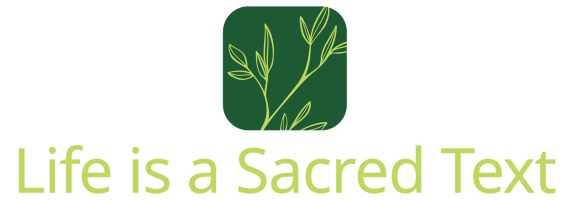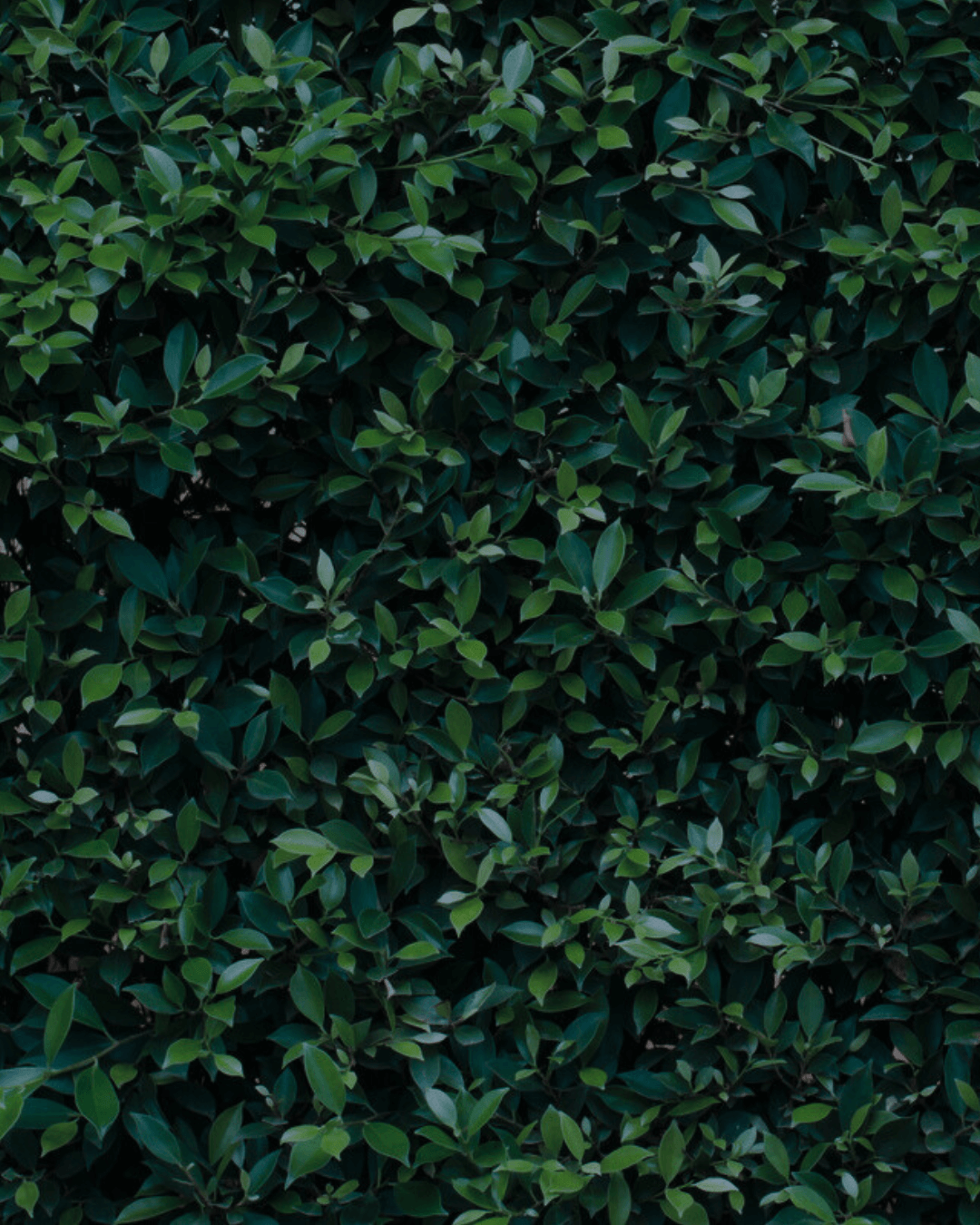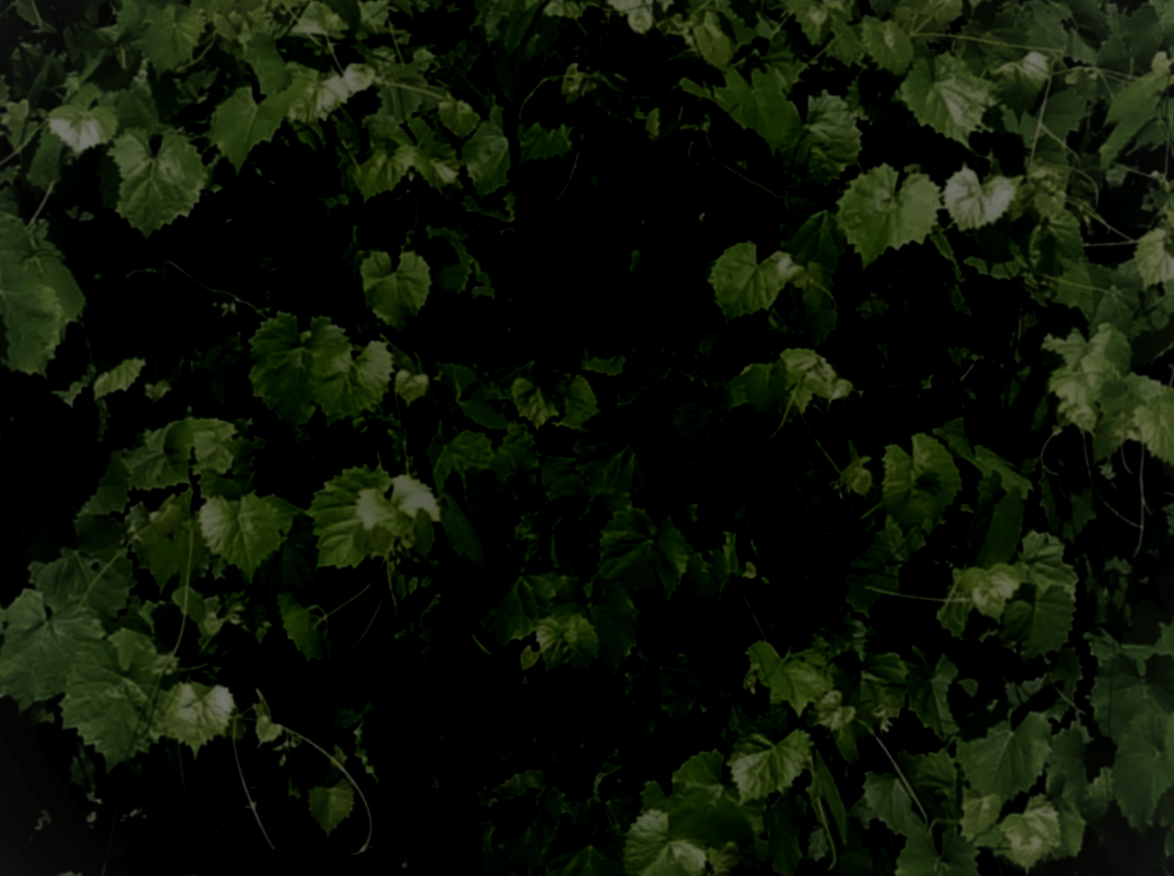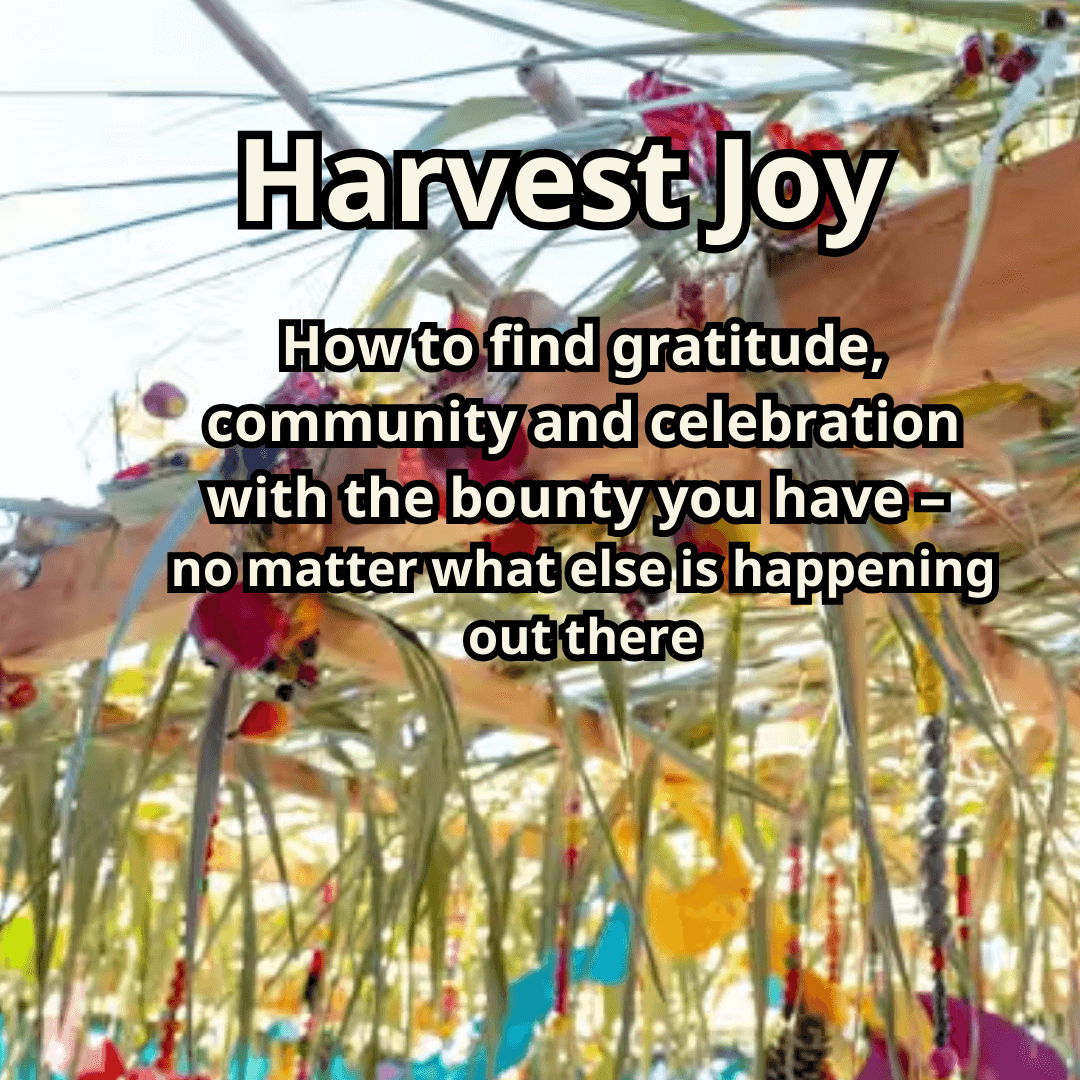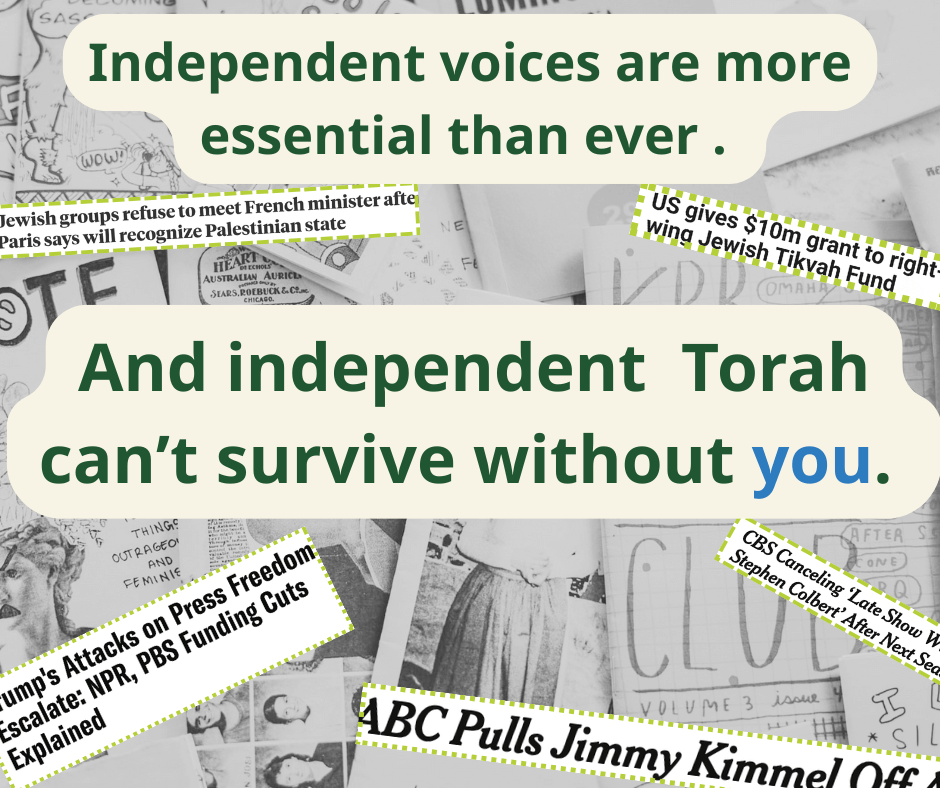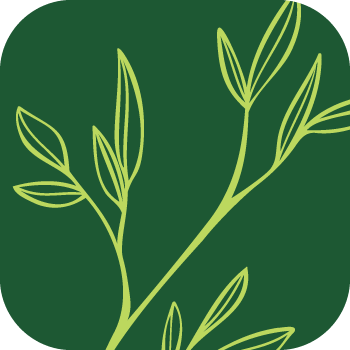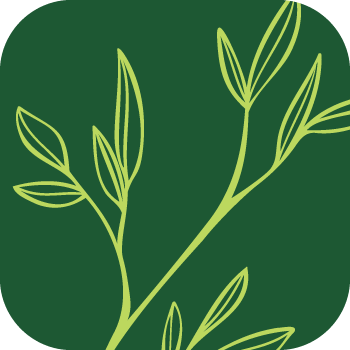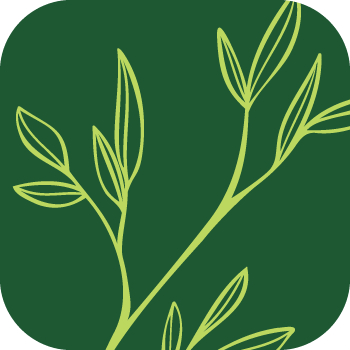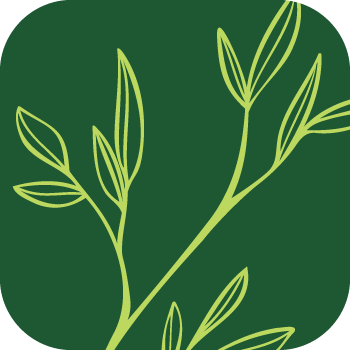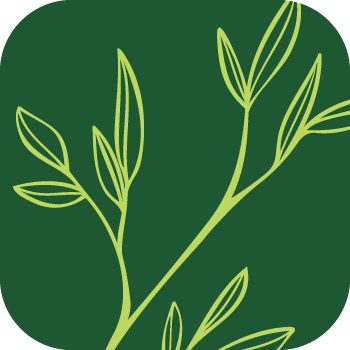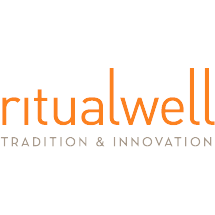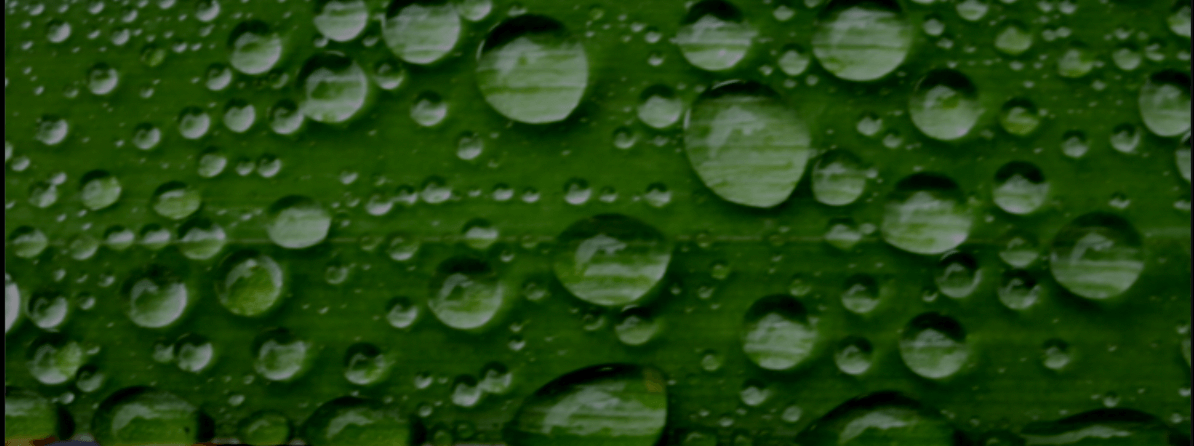happy new year
a few sweet offerings for you 🍯
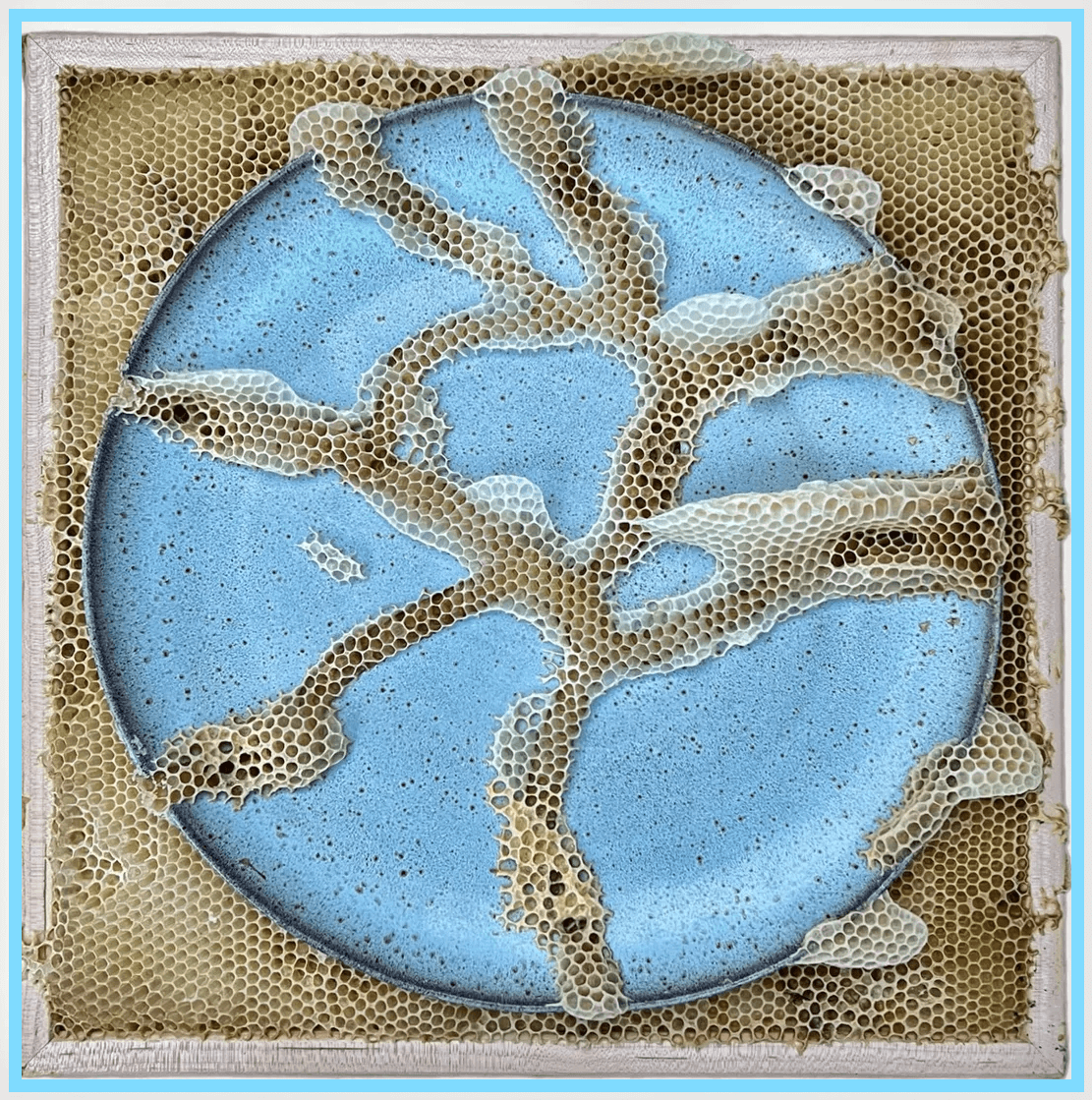
This is Life as a Sacred Text 🌱, an everybody-celebrating, justice-centered voyage into ancient stories that can illuminate our own lives. It‘s run on a nonprofit, so it’s 100% NAZI FREE. More about the project here, and to subscribe, go here:
We're already at the cusp of a shiny new year. Can you believe it?
A year ago we hadn't even started Deuteronomy, and now we're closing in on the end of the whole entire Torah– a journey that's been in process for over four years. Of course, it's been interspersed with a lot of other things, too– especially this year, as we've had to make room for plenty of topical things along the way in this wild, chaotic year.
And a reminder that your independent Torah only happens because of the support of everyone who shows up for it.
The accessibility features? The backend subscriptions that make things flow? The labor that goes into the project? The support for guest posts?
Life is a Sacred Text does not happen without community.
Do you value these deep dives with Torah, history, and urgent issues of now-- that always strive for substance and integrity, going beyond facile takes?
They don't happen without help.
On the cusp of a new Jewish year, invest in the independent Torah that you believe matters.
Enable this project to keep going for another year.
In any case:
A couple of lovely things for today.
First, an old favorite of mine, a beautiful meditation by the organizer Erika Katske. She wrote it for Tashlich, the ritual of casting bread into the water to ritually expunge one's sins–
but I also think it's a great exercise for any time this season, to help us pause and... remember what even happened this year. Who we've been. How we got here. (What we're doing in this handbasket.) The whole thing is linked below, but here's the main part:
Start to think back through this past year. Let images enter and exit your mind—small moments, meaningful moments, smells, pictures, and faces.
Think back now to last Elul, last September: where were you at the last High Holiday cycle? What promises had you made? What goals did you have for the coming year?
Move now into late September and October, the middle of fall, the Hebrew month of Tishrei; the holiday of Sukkot and the time for harvesting. What kinds of benefits did you reap this year? Financial? Educational? Experiential? See if you can recall them now.
Think now about last November, roughly the Hebrew month of Heshvan. Late fall, colder weather. The natural world slowly moving from bountiful to barren as the winter moves in, so that the cycle can begin again in the spring. Think now about changes that you made in your life this year. What patterns did you break? What new work did you take on?
Move slowly from November into December, the Hebrew month of Kislev, the month that holds Hanukkah, the holiday of lights and miracles. In what ways did you bring light or goodness into the world this year? What miracles happened in your life this year?
Then think back to last January and February; first, the Hebrew month of Tevet, the conclusion of Hanukkah. Then, the month of Shevat, the month that contains Tu B’Shevat, the festival of the trees, a time for planting. Think about new projects that you started this year, new plans that you made, “seeds” that you planted for your or your family’s future.
Move from late February into March, the Hebrew month of Adar and the ending of winter. During Adar, we celebrate Purim, a festival of fun and revelry. Think about the joy that came into your life this year. In what ways were you silly? Can you think of moments when you laughed?
Move from March to April, from Adar to Nisan, the month of spring. The time we celebrate Pesakh and think about renewal, rebirth, and newfound freedom. What struggles concluded in your life this year? Were there issues or difficulties in your life that you were able to overcome?
Next, think back to last May, the Hebrew month of Iyar. In the secular year, a time for closings and endings. Think about endings that occurred in your life this year. What issues, relationships, situations came to a close during the past 12 months?
Move from May into June and into the month of Sivan, the month that holds the holiday of Shavuot, the holiday that celebrates our receiving of the Torah. Think about learning that you did during the year. What new things did you learn this year, and what effect did they have on you?
From June into July and August; through the Hebrew months of Tammuz and Av; hot and humid weather; slowing of activity and some time for rest; in the Hebrew calendar, these months are a time to think about history and loss; think about losses in your life this past year. In what ways did you grieve?
And here we are in the new year, making new promises and setting new goals.
So before we do that, take a few moments and deep breaths to remember the journey of the past year.
Breathe. Remember.
As hard as it's been, there has also been a lot of light. And there have been a lot of wins, and there's been a lot of growth. Honor all of your fortitude, bravery and openheartedness.
October Zoom Salon! October 5, 2pm ET/ 11 am PT
HARVEST JOY
At Sukkot, the holiday of the fall harvest, we are commanded to rejoice. And even if we know that this rejoicing is a choice--even so, showing up for t actually, not just in theory, but with our full bodies and full selves--demands more than just theory. We'll look at Hasidic ideas and practices on rejoicing and the deeper meanings of this season to help us find the open-hearted energy that can nourish us, and those around us, on a deeper level, despite all the hard things that might be swirling around now.
Next, here's a poem by my friend, the poet Hila Ratzabi, whose collection There Are Still Woods I highly recommend.
IN THE FIELD I HAVE CHOSEN
Hila Ratzabi
Rustling sound
of God’s bare feet in the grass
as the earth prepares
to birth itself again
I thought there was something
I was supposed to do to make that happen
The hawk only stayed an instant
while the rest of the birds kept ticking
It turns out
I don’t have to do anything
The lake lives for its ripples
The wind licks the mirror
God is a placeholder
for God, holding
This place, makom ha-olam
where the branches parted
Where the hawk turned back
to the business of sifting wind
Subscribe to to enable this work to continue and grow.
Your support enables accessibility tools on the site to make this work more available to everyone.
Your support makes this project sustainable for the long-haul.
During these bleak days, your support for independent voices matters more than ever.
If you value this work, support it to make sure it can last.
And if you want some things to read over the next day or ten–
Here are some words on prayer and the work of the season:

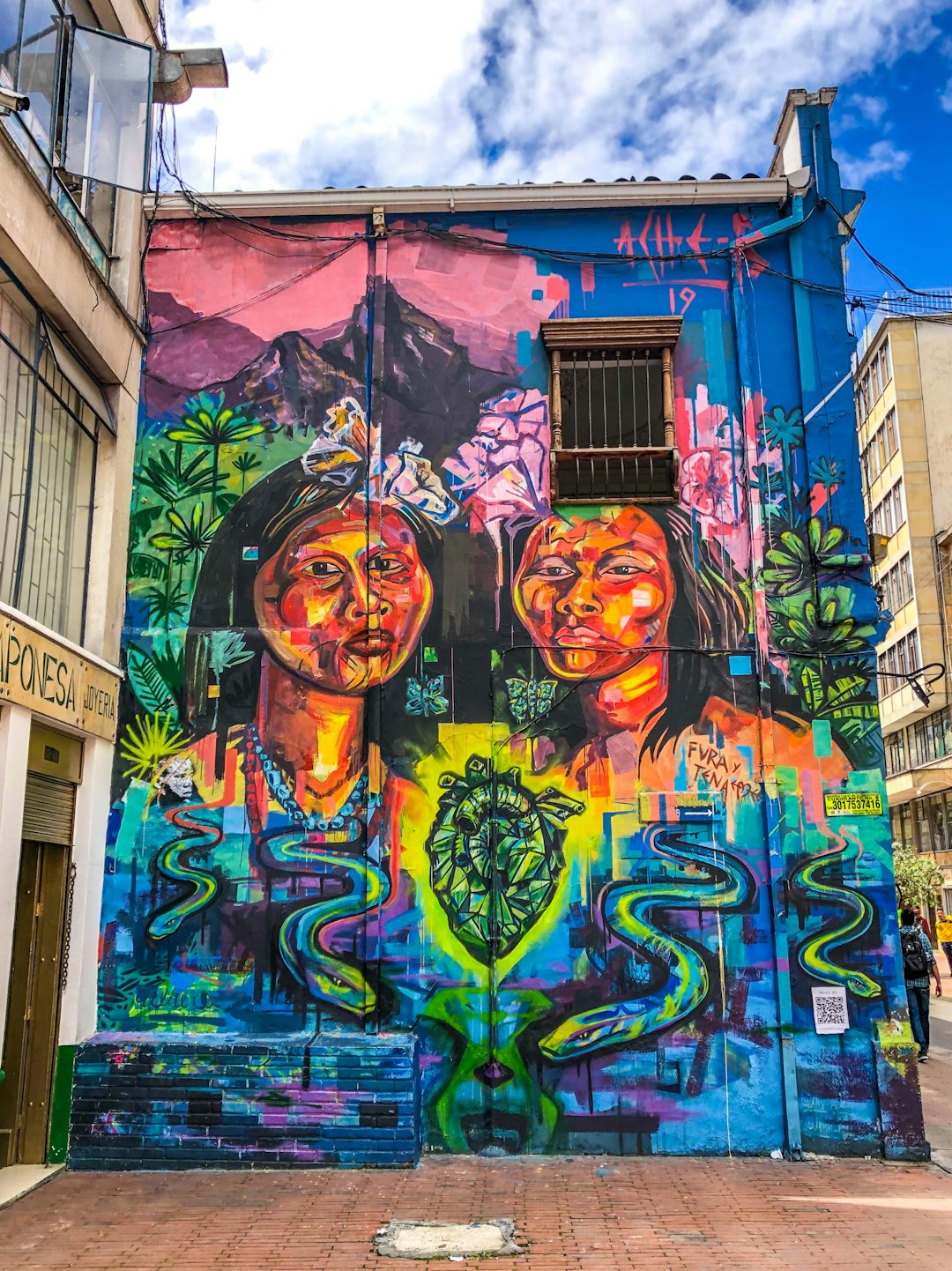
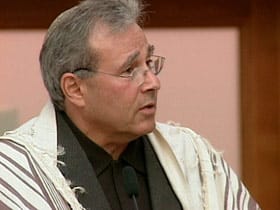
Oh, and I'm thrilled to announce that On Repentance and Repair has been updated with a new Israel/Palestine section, with a couple of other tiny tweaks (to reflect eg the outcome of court cases.)
Those changes are already in the ebook – which should still be on sale for $2.99!– and will appear in print versions as the other stock sells out, in the next month or two.
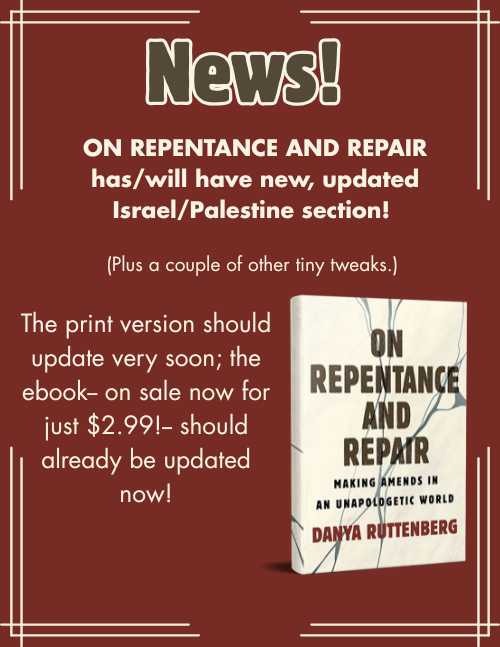
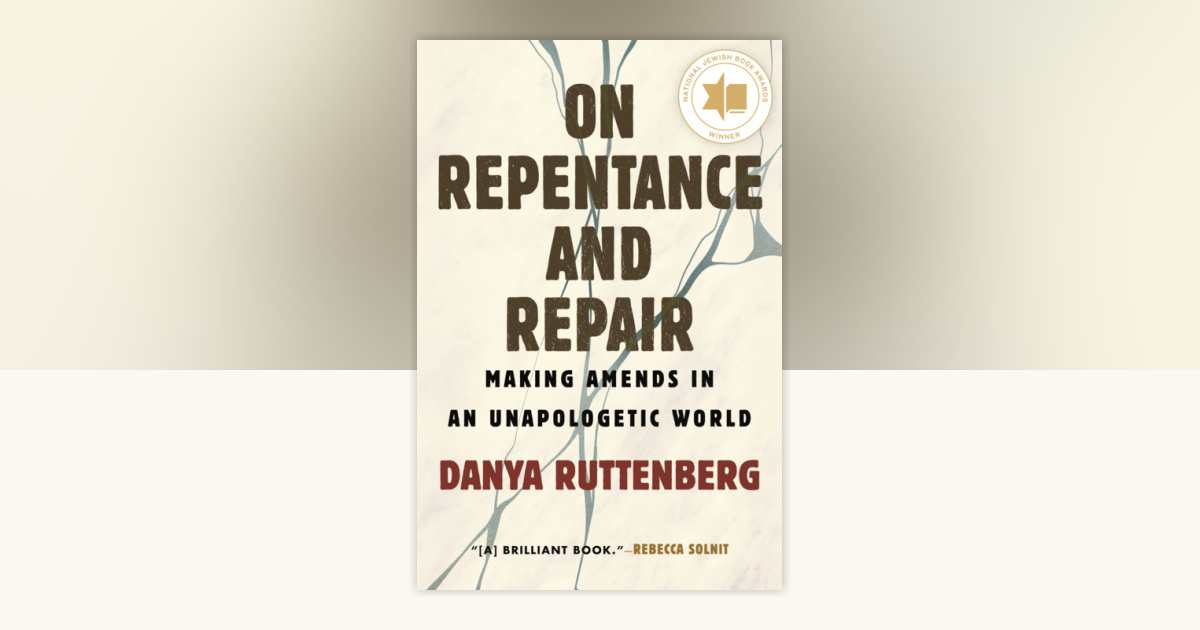
Yep, the ebook is only $2.99 right now!!
And here are a couple of pieces on the Rosh Hashana Liturgy:
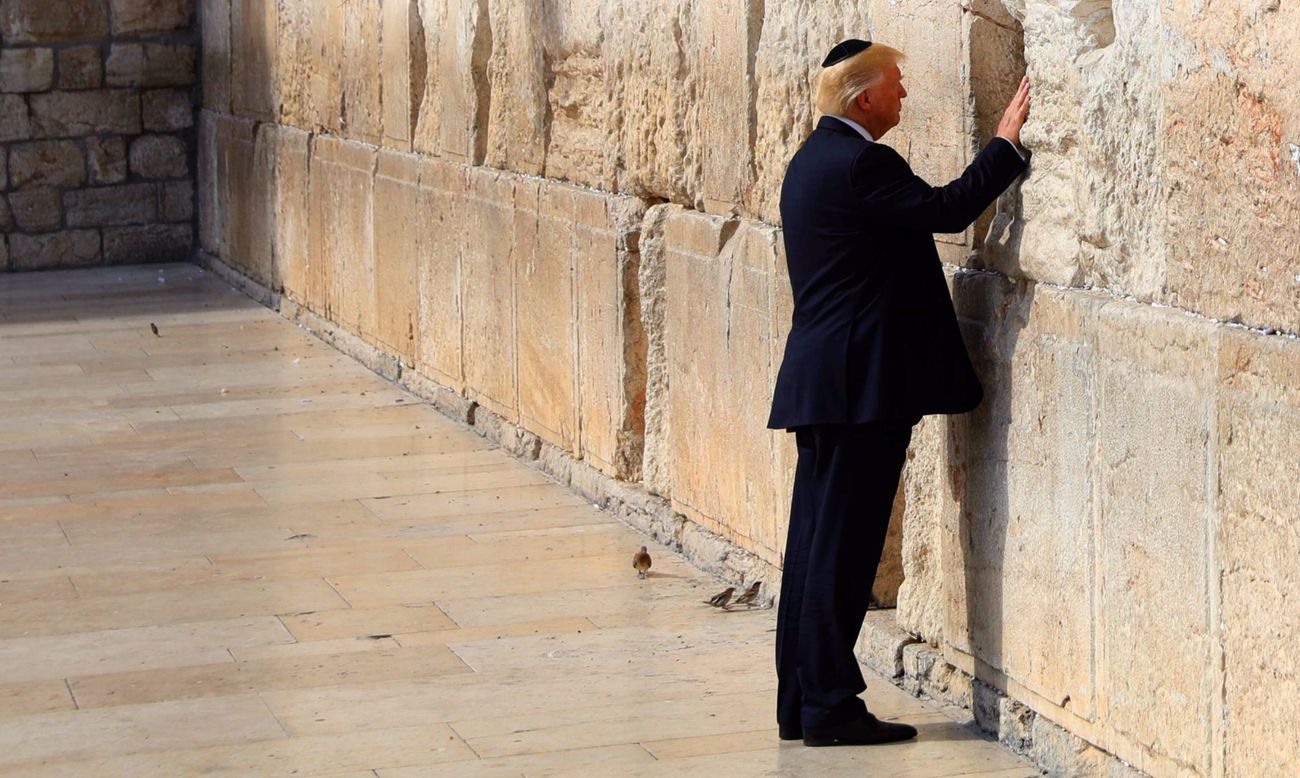
This is the 2017 version of my approach to what can be a very, very theologically problematic bit of liturgy; the UneTane Tokef is the "Who by fire, who by water?" bit. it more or less says the thing in condensed form, and I'm sure you can figure out how the poem applies to the suffering, and harms-- and the fires, and floods-- of today.
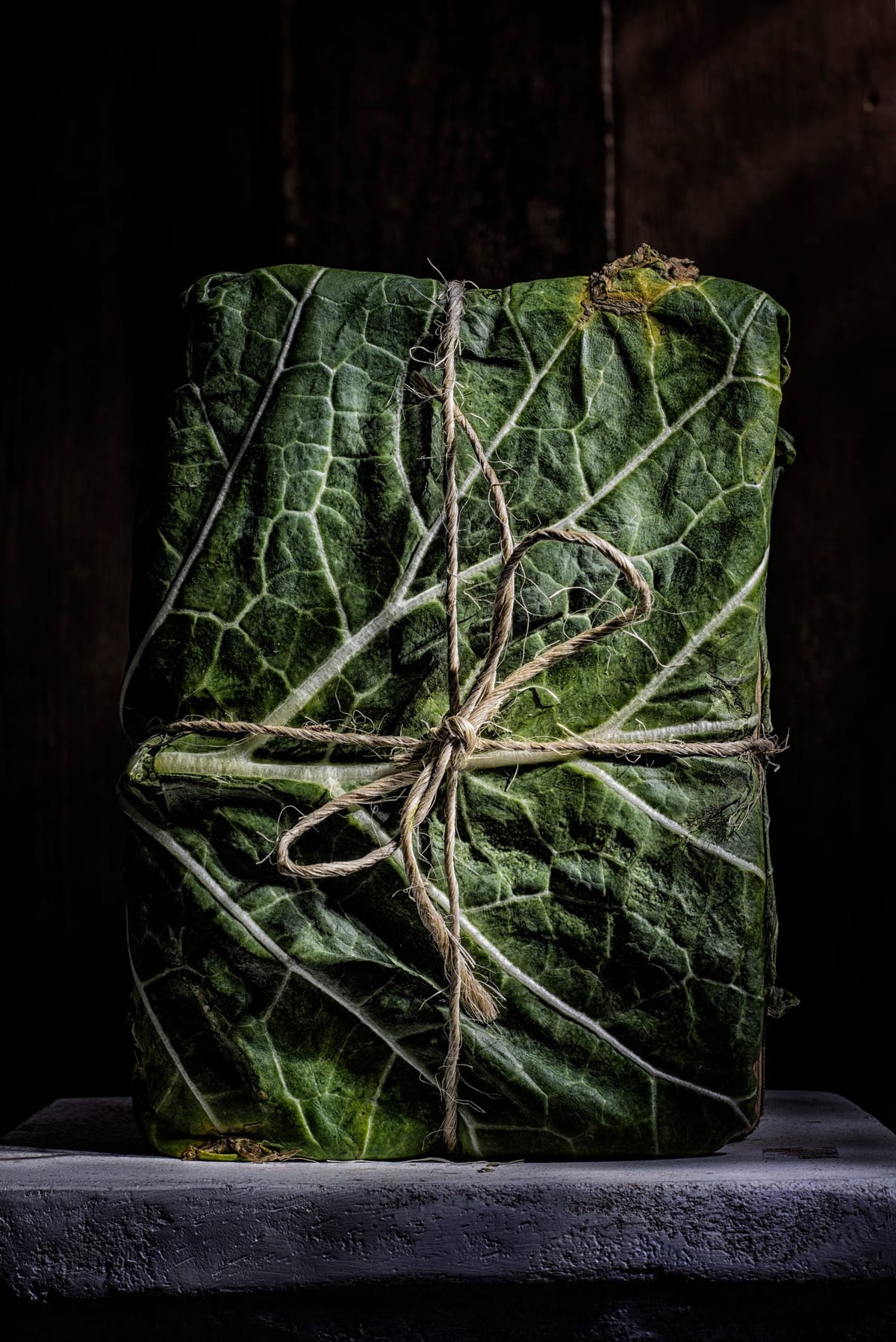
And here's another meditation on it, both about the fall of Roe, and about the UneTane Tokef more broadly.
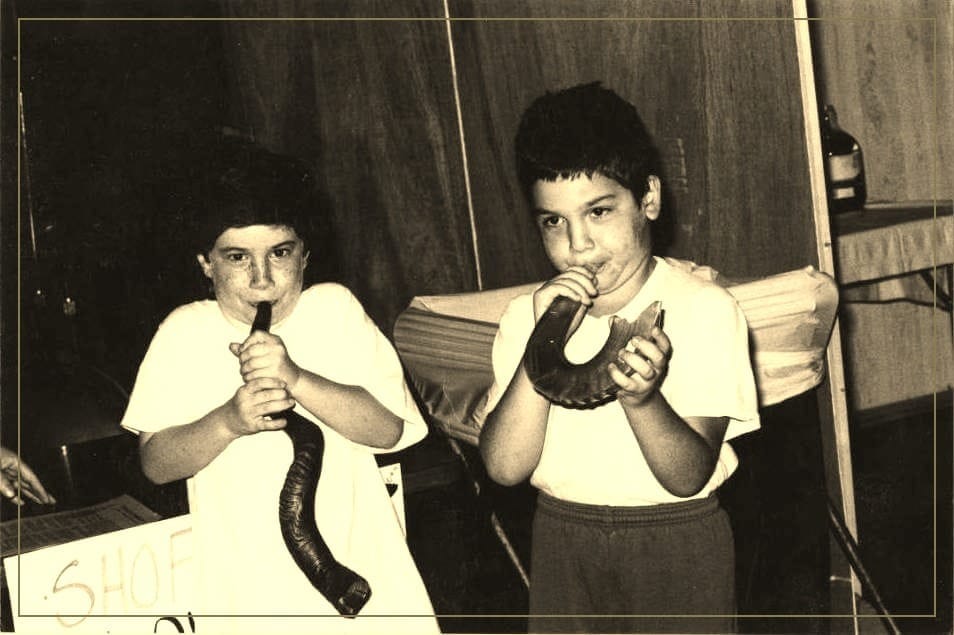
And:
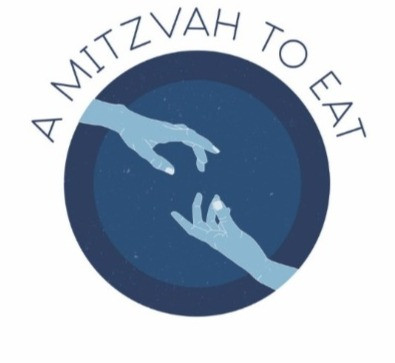
If you know, love, and/or are someone who shouldn't be fasting on Yom Kippur for any reason at all -- and mental health needs are health needs -- then Jewish law says that it's a *requirement* to care for yourself. This site has tons of great resources, and you can now order care packages, too.

Shana tova, friends.
I'm so grateful for you.
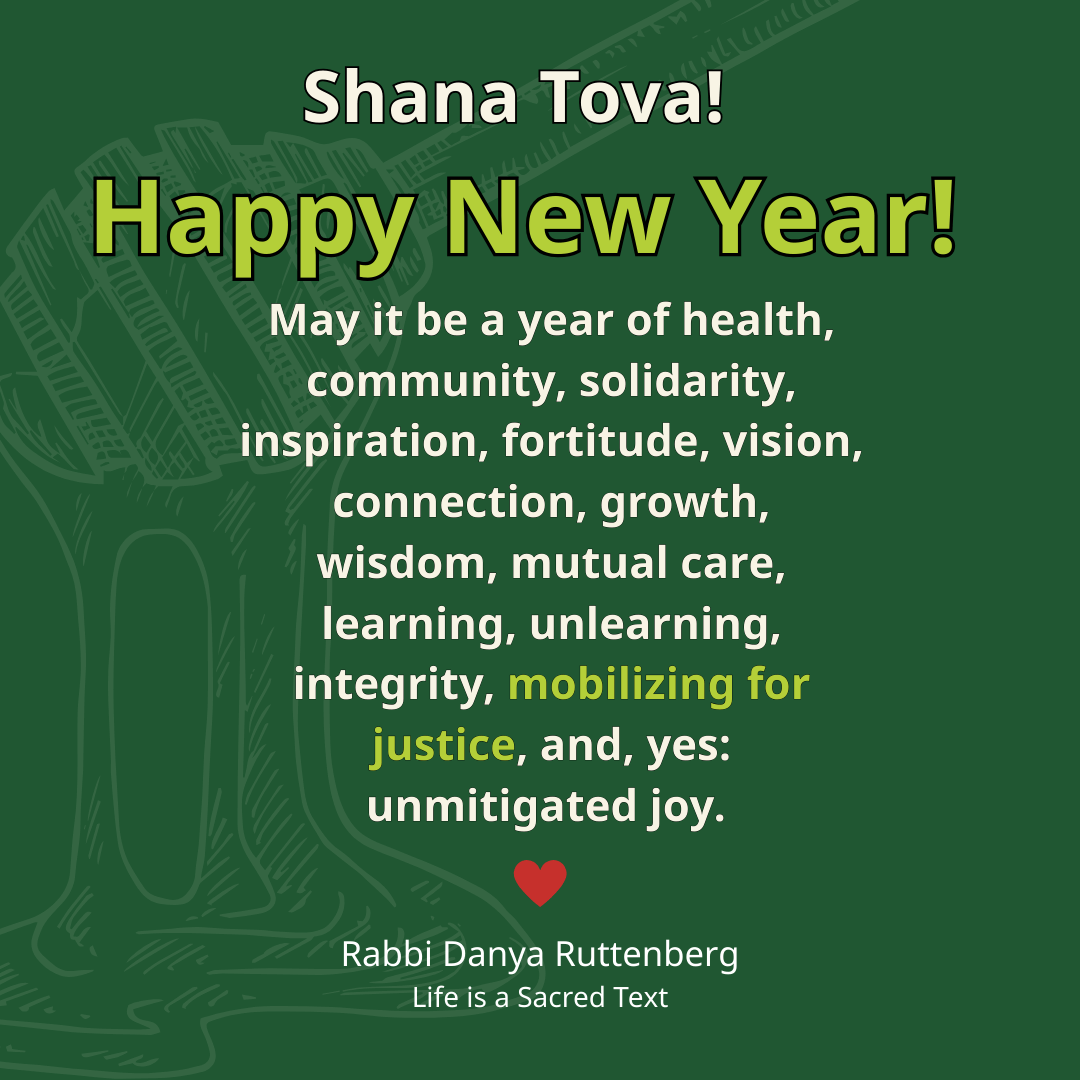
🍯
A reminder about the subscription model:
I want my work to be as accessible to as many people as possible, in as many ways as possible. That's why the Monday essays are free, and why we donate subscriptions to anyone for whom paying is a barrier to the House of Study posts.
I also believe people should be paid fairly for their work. Needless to say, these two values sometimes seem to be in conflict, but I do what I can to find a fair balance. I offer many resources for free, and charge for others. When you donate generously or pay at the top of our scale, that helps support the work I do, provides access for those who have fewer resources, pays for the infrastructure and the technical and practical support that it takes to do this, and helps us keep the work sustainable. ❤️ 🌱
When you sign up for the House of Study, you get deep dives every Thursday, Ask the Rabbi Q & As, montly Zoom Salons IRL, access to over 4 years of archives, a study partner if you want one, and so much more-- and you DON'T have to get more email if you don't want! Don't you deserve all this nourishment and support??
As always, if you want in on the House of Study, but paying isn't for you right now, email support @ lifeisasacredtext.com and we'll hook you up.

Especially without Substack's built-in network, word-of-mouth– forwarding emails, sharing on social media, etc– matters more than ever.
Please spread the word about this post and Life is a Sacred Text in general.
Thank you. 🙏 ❤️
Support independent Torah and the commitment to telling inconvenient truths:
